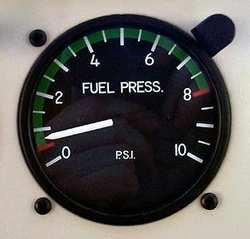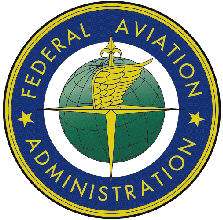Sun, Nov 11, 2007
Advertisement
More News
 NTSB Final Report: Patriot Aircraft LLC CX1900A
NTSB Final Report: Patriot Aircraft LLC CX1900A
After Draining Both Wing Fuel Tanks, A Significant Amount Of Water Was Observed In The Right Wing Fuel Tank Analysis: The pilot, who was also the owner of the experimental amateur->[...]
 Aero-News: Quote of the Day (12.06.25)
Aero-News: Quote of the Day (12.06.25)
“Airbus apologises for any challenges and delays caused to passengers and airlines by this event. The Company thanks its customers, the authorities, its employees and all rel>[...]
 ANN's Daily Aero-Term (12.06.25): High Speed Taxiway
ANN's Daily Aero-Term (12.06.25): High Speed Taxiway
High Speed Taxiway A long radius taxiway designed and provided with lighting or marking to define the path of aircraft, traveling at high speed (up to 60 knots), from the runway ce>[...]
 ANN's Daily Aero-Linx (12.06.25)
ANN's Daily Aero-Linx (12.06.25)
Aero Linx: Taylorcraft Foundation, Inc. The Taylorcraft Foundation is exclusively organized for charitable, educational & scientific activities and will preserve the history an>[...]
 Airborne-NextGen 12.02.25: Honda eVTOL, Arctus High-Alt UAS, Samson Patent
Airborne-NextGen 12.02.25: Honda eVTOL, Arctus High-Alt UAS, Samson Patent
Also: USAF Reaper Accident, Baikonur Damage, Horizon eVTOL IFR/FIKI, New Glenn Update Honda has outlined its clearest timeline yet for its entry into the world of electric vertical>[...]
blog comments powered by Disqus





